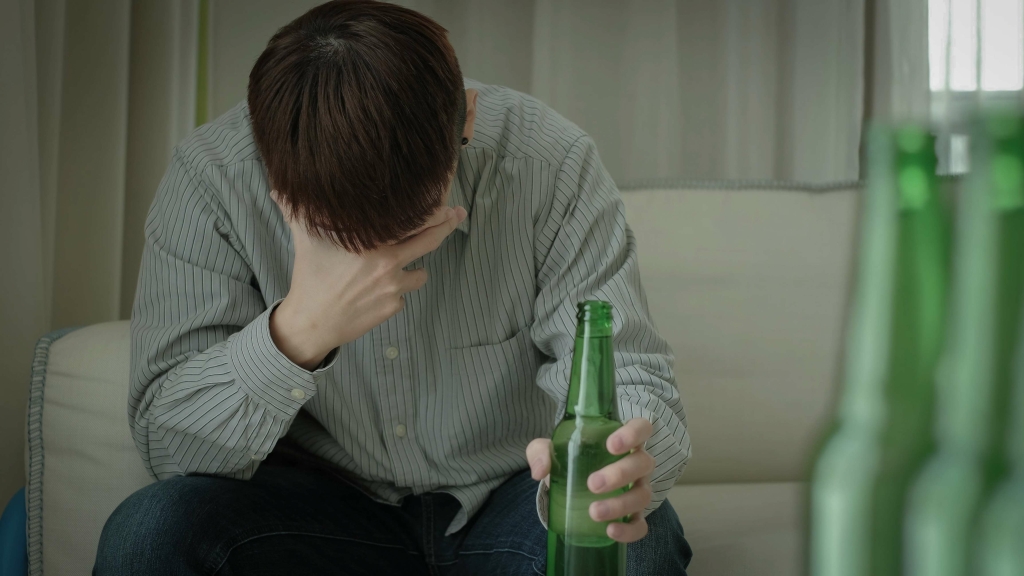In some cases, friends may say that everything is okay if you have been hiding the true extent of your drinking or drug use. The environment you are in also plays a role in addiction development. If you are in a place where accessing drugs is easy, it will be hard for you to stop. Should you relapse after a long period of abstinence, your body’s tolerance to the drug is significantly decreased.
While undergoing these external developments, you simultaneously experience critical internal emotional changes. Social factors are the most potent determinants of addiction, but they can also be harnessed as a tool for recovery. We have all witnessed the effect of social interaction and influence on substance use, intoxication, and addiction. You know, for instance, that when you are with certain friends you are more likely to do things you regret, like overeating, smoking, or drinking too much. You know that you behave differently when you are with other friends who either don’t indulge in these behaviors at all or do so moderately. It’s unlikely you’ll find a medical professional who recommends you go through the withdrawal process without the help of a facility.
Staying Social When You Quit Drinking
This can be especially true if your living situation is a source of stress, and your alcohol use has become a coping mechanism. Traditional rehab gets you out of your home environment, which gives you a head start on learning new routines. If you’ve been drinking heavily for a while, odds are you have some close friends and family who drink heavily too. And while we’d all like to hope that everyone would support a loved one’s decision to quit, we also know things are more complicated than that. It’s likely you’ll have to field offers from old drinking buddies, sometimes repetitively.

As mentioned, you’ll likely struggle with the threat of relapse most of your life. However, the best way to overcome these desires is simply by incorporating other hobbies into your life. Medications can sometimes be helpful in both the short term and the long term. Talk to a doctor about the options that are available to and appropriate for you. According to one model of behavior change known as the transtheoretical model, making any kind of change involves a process that starts with pre-contemplation and moves into contemplation. If there are any concerns about content we have published, please reach out to us at
Detoxification
There are ways to circumvent some of the symptoms of withdrawal, but these medications can only be applied in a clinical setting. Addictions can cover up past trauma or underlying feelings of emptiness, sadness, or fear. Psychological therapies, as well as medications, can provide long-term relief for these problems, which addictions tend to worsen over time. A half-hearted After-Work Wine: The Dangers of Drinking to Cope with Stress approach to treatment will result in half-hearted results. Simply going through the motions will more than likely result in a relapse sooner rather than later, so it’s important to find the right motivation to get clean. Cocaine is stereotyped as a white-collar drug for its prominence in the 1980s among investment bankers, who used it to stay awake long hours while working.

Experts at The HAMS Harm Reduction Network, which comprises doctors, social workers, therapists and other experts, recommend using beer to taper because it’s easier to get drunk from liquor or wine. If you need additional help, reach out to a mental health professional to discuss other treatment options, which may include residential or inpatient treatment. A 2016 study shows that peer-delivered support groups, including 12-step programs, https://g-markets.net/sober-living/how-to-stop-sneezing-10-natural-remedies/ could be helpful when in recovery from addiction. If you think you might have an addiction or substance use disorder, consider reaching out to a trusted healthcare professional for an evaluation and to discuss your options. Embarking on the journey to recovery is a monumental achievement, but the voyage doesn’t end there. Maintaining recovery is an ongoing and dynamic process filled with moments of triumph, self-discovery, and growth.
Prepare to Change
Regardless of what motivates you, you must want to change for yourself, not for friends, family, or spouse. A powerful motivation stems from you realizing that there’s much to gain from an addiction-free life. It will be hard for you to overcome the craving if you are surrounded by friends who use. When you stop drinking or taking the drug, the underlying factors that led to the addiction are likely to resurface. Maybe you have a past trauma that you never addressed or problems that make you anxious or stressed. Some of the apps also come with motivational quotes for support, e.g.
- After treatment, having an established sober support system can help ease the transition from rehab back to daily life.
- If you are having difficulty quitting drinking without rehab, but you still don’t want residential treatment, you can go for outpatient treatment.
- Instead, by setting up such an elaborate scenario in his head, Jeff is creating an out that keeps him from having to fight his addiction.
- Not only is addiction the antithesis of responsibility, but believing in the power of addiction actually makes it more likely that the addiction will lead you to behave in an irresponsible manner.